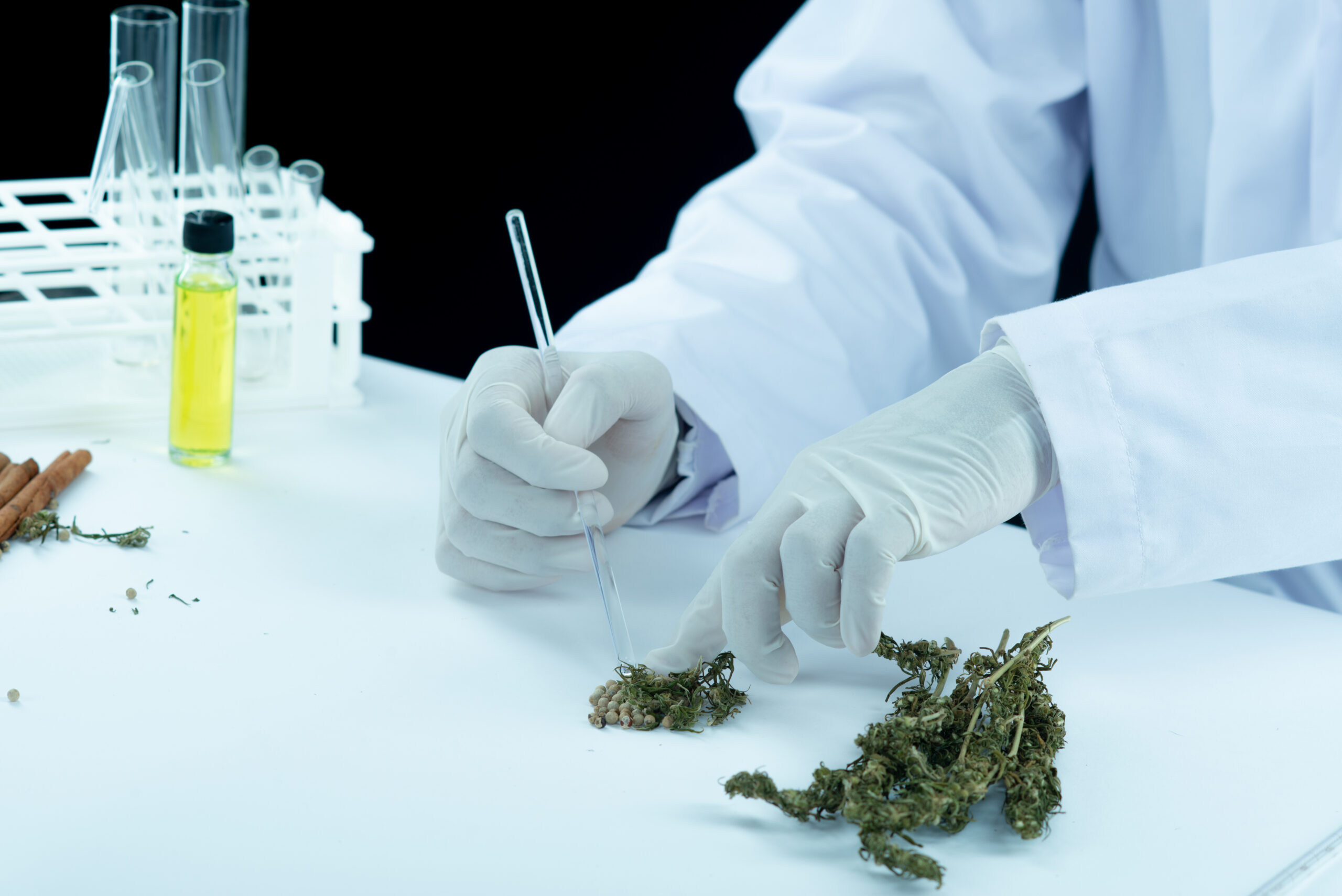Due to chronic central nervous system inflammation, MS (Multiple Sclerosis) causes pain, stiffness, and spasms. Combining therapy and medications for MS causes problems. More people are curious about how cannabis treats multiple sclerosis.
This blog talks about the good things about marijuana and studies on the subject of multiple sclerosis.
What Does Multiple Sclerosis Mean?
MS destroys the brain and spinal cord, preventing communication. MS may result from an abnormal immune reaction to nerve-protecting myelin. Sclerosis results from inflammation and scarring from this damage. Its nervous system effects vary.
Discover the Most Prevalent MS Symptoms
- Tiredness and muscle weakness
Muscle strength decrease is prevalent in MS. Damaged nerves can cause this in different places of the body. This weakness makes walking, standing, and lifting difficult. Anxiety that doesn’t go away with rest is common among MS sufferers. These can seriously harm someone’s life and keep them from engaging in their interests.
- Tingling or numbness
DPNs, tingling, and numbness can all be symptoms of Multiple Sclerosis. These feelings could be transitory or persistent. Some patients lose touch and have numbness and tingling in their arms, legs, face, and other areas.
- Vision problems
Eye problems can range from hazy vision to blindness in MS patients.MS patients often experience optic neuritis and optic nerve inflammation. Pain, clouded vision, and colourblindness can result. Diplopia (double vision), eye discomfort, and ocular motor dysfunction (uncontrolled eye movement) may also occur.
- Coordination and balance issues
MS patients lose balance and agility due to central nervous system dysfunction. MS patients may trip and harm themselves due to their clumsiness, instability, or inability to stand straight.
- Muscle spasms and stiffness
MS symptoms include muscle spasms and stiffness. Also called spasticity. This condition causes tight, inflexible, or stiff muscles, making movement difficult. Tension can occur on its own or due to particular acts or conditions.
- Pain
Many MS patients experience chronic pain. Burning, throbbing, or intense pain can occur in several bodily areas. Many things can cause MS discomfort, including nerve damage and muscle cramping. It can greatly impact their quality of life.
- Thinking changes
MS patients have issues thinking, remembering, focusing, and solving problems. Some people have problems focusing, and others may not know how to articulate their desires. Cognitive problems vary in severity but worsen over time, making it hard to do personal things and connect with others.
- Mental and emotional health symptoms
MS affects more than your mind. You may also feel otherwise. Lots of MS patients report mood fluctuations like despair, worry, or unexpected mood shifts. Not knowing enough about MS and dealing with physical limitations can cause stress, resentment, and loneliness.
Different MS Medical Marijuana Types
Human-made nabiximols, dronabinol, and nabilone are cannabinoid derivatives. Many Multiple Sclerosis patients use them for stiffness and neuropathic pain.
Nabiximols:
Oral spray Nabiximols contains THC and CBD. They are also known as Sativex. MS patients with spasticity and neuropathic pain who haven’t responded to standard therapy benefit. Spray Nabiximols under the tongue. The dosage depends on patient response and tolerance.
Dronabinol:
The FDA approves synthetic THC dronabinol for chemotherapy and anorexia-related nausea and vomiting. Some abuse the recommendations and use them for Multiple Sclerosis stiffness and neuropathic pain. You take dronabinol capsules twice or three times a day.
Nabilone:
Artificial nabilone has a THC-like structure. Although other therapies have failed, this drug can help unwell chemotherapy patients. Some abuse the recommendations and use them for MS stiffness and neuropathic pain. Patients take nabilone pills once or twice daily.
These medications may help MS but have side effects. Visit a doctor before using these substances, especially if you have a history of drug misuse, psychological difficulties, or other health issues. Follow the dosing instructions and notify your doctor of side effects.
MS Management Role for Cannabis
Many medical marijuana cannabinoids are endocannabinoids. This system controls mood, immunity, and pain. CBD and THC are marijuana’s primary cannabinoids. CBD is medically beneficial but not intoxicating.
Possible MS Marijuana Health Benefits
- Pain aid:
Chronic pain is a typical Multiple Sclerosis symptom that is difficult to address with medication. Some research suggests that marijuana may reduce MS discomfort by engaging with brain cannabis receptors to reduce inflammation.
- Muscle spasms:
Movement and enjoyment are difficult for MS patients due to muscle stiffness and spasms. Cannabis THC may relax muscles, improving MS mobility, say researchers.
- Better sleep:
Due to pain, spasms, and other symptoms, this condition makes sleeping difficult. Weed may help Multiple Sclerosis patients sleep due to its soothing properties.
- Mood control:
MS patients often feel anxiety and depression, which can affect mental health and quality of life. The long-term mental health effects of cannabis remain unknown. Some people report feeling happier and less anxious.
MS Cannabis Use
Medical marijuana isn’t marijuana. The FDA approved Epidiolex (cannabidiol) and three synthetic cannabis-like drugs.
Marinol (dronabinol): Stops treatment-related vomiting.
Syndros (liquid dronabinol): Assists anorexic AIDS patients and those recovering from treatment.
Cesamet (nabilone): Used to aid chemotherapy-sick patients who haven’t improved with previous treatments.
These medications are only available with another prescription.
Current and Future Research
The ideal dosage forms, safety, and efficacy for MS patients are unknown. However, anecdotal cases and pre-trial tests may assist. Clinical trials are investigating cannabinoid combinations and delivery methods to help doctors and MS patients.
Conclusion
Thus, marijuana may help Multiple Sclerosis patients with pain, muscle stiffness, sleeplessness, and mood swings together with conventional drugs. Carefully weigh a treatment plan’s risks and benefits based on disease severity, other health conditions, and personal preferences. Healthcare experts, scientists, and MS patients must work together to study marijuana’s role in disease control and find safe and effective treatments.
Sahil Sachdeva is the Founder of curemedoc.com and a Digital Marketing professional with 6+ years of experience. If you need help in Content writing and want to increase your website ranking, connect with him, as he has some premium websites where you can share blogs with DoFollow links and increase your website’s ranking on Google.





